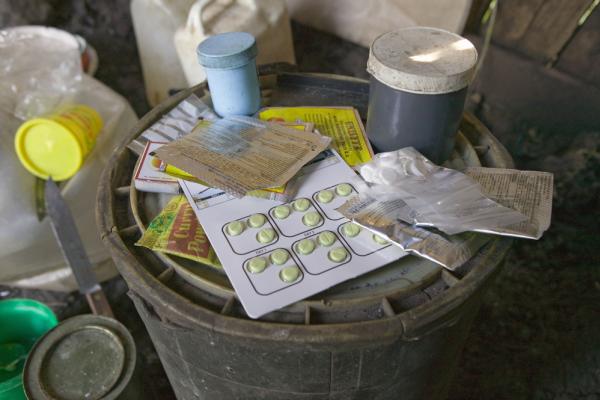We are making historic progress against HIV/AIDS: The global rate of new HIV infections has leveled, and the number of annual AIDS deaths has decreased by nearly a third since 2005. Antiretroviral drugs are driving these gains by stopping progression of the disease and, we now know, preventing the spread of HIV infections.
Yet AIDS remains the leading cause of death in sub-Saharan Africa, where poverty limits access to lifesaving treatments and 25 million people are living with HIV—representing 70 percent of cases worldwide. President Barack Obama should be commended for uniting the world behind the goal of creating an AIDS-free generation. I share his passion and believe we can achieve this in the next decade — but only if we accelerate the provision of antiretrovirals to the poorest and most vulnerable people.
The opportunity has never been clearer. New data published in the New England Journal of Medicine project that early treatment with antiretrovirals in South Africa, my home country, would prove very cost-effective over a lifetime (costing $590 per life-year saved) and generate both public health and economic benefits. The World Health Organization now recommends early and preventive treatment with antiretrovirals, including administration to children and uninfected partners of people living with the disease. The WHO estimates that this could save an additional 3 million lives and prevent at least as many new HIV infections through 2025.
When Obama and I met in South Africa in June, I reminded him that, given his deep familial roots in the continent, his success is our success — his failure, our failure. With that in mind, there are two decisions Obama can make before the end of this year to fulfill the promise of an AIDS-free generation.
Read the Full Article

